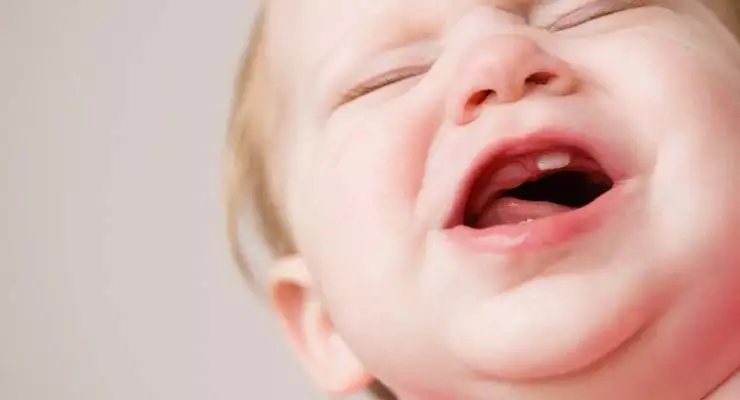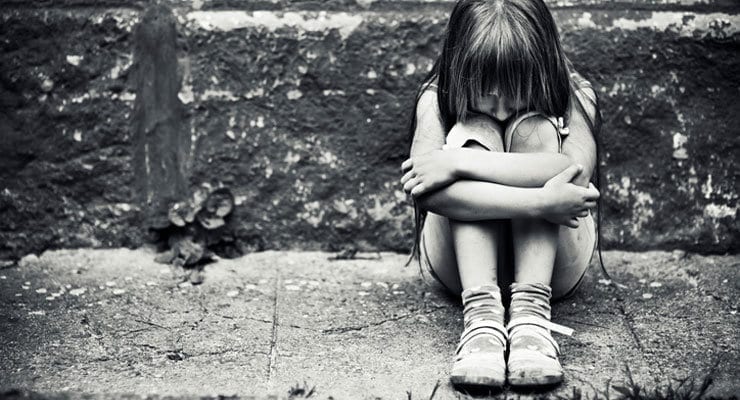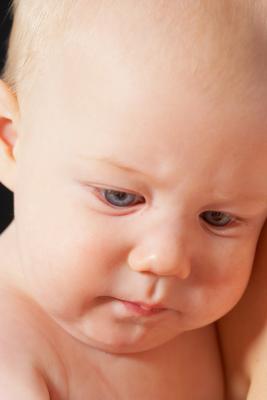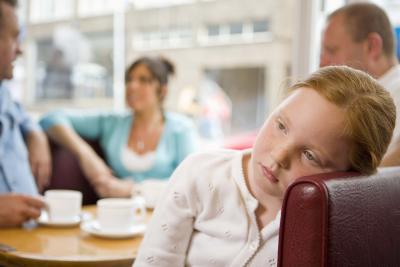Search Results for: decreased appetite
Signs That Baby Is Cutting Teeth
Some babies teethe, and you’d never know it until you see te evidence of a brand-new tooth poking through. Not all babies — and parents — have it so easy. Many babies experience varying degrees of discomfort when they cut teeth, ddepending on your baby’s tolerance for pain and the density of his gums. Your baby may be fussy and irritable during this time. Be understanding. While you can’t stop the teething process, you can make your baby more comfortable.
Is My Child Depressed?
Children aren’t always going to run around and play. Sometimes, they are going to get sad. While it may be troubling to see your child experiencing sadness, this is normal and doesn’t mean your child is depressed. If the sadness lasts a long time, however, or if this sadness disrupts normal activities, your child may be depressed. If so, you can treat the condition.
Vitamins for Active Women
Your body needs 13 vitamins to be healthy. However, women have nutritional needs that differ from those of men. Not only does a fairly active woman require fewer calories than a man her same age, but there are certain vitamins and minerals she needs more of to help reduce her risk of specific health problems.
Head Injury Symptoms in Babies
A head injury is an injury of the scalp, brain or skull. Head injuries can be minor or serious, open or closed. An open injury means that something penetrated the skull. This can happen in a car accident, for example, or from being shot. A closed head injury is a blow to the head, but the skull did not break. Examples of a closed head injury in a baby would be a concussion or trauma caused by shaking the baby.
Early Signs of Depression in Children
As mothers, we sometimes want to tell our children to “buck up” and “stop pouting” when they are feeling down. Depression in children is a serious matter, however. Five percent of children experience clinical depression at some point in their lives. Females are twice as likely to suffer from depression. Parents need to be on the lookout for the signs of depression, especially early on. The sooner the disorder is caught, the better it can be treated, according to the American Academy of Child & Adolescent Psychiatry.





